Welcome Ramzan 2025:The Spirit of Ramazan: Reflection, Compassion, and Unity
Welcome Ramzan, fasting, community, empathy, prayer, celebration, charity, hope, connection, faith, solace, traditions, global, blessings, renewal, forgiveness, humanity, crescent moon, Ramzan, Spirituality, Compassion, Unity, Reflection,
Welcome Ramzan 2025
Ramadan[b] (Arabic: رَمَضَان, romanized: Ramaḍān [ra.ma.dˤaːn];[c] also spelt Ramazan, Ramzan, Ramadhan, or Ramathan) is the ninth month of the Islamic calendar,[10] observed by Muslims worldwide as a month of fasting (sawm), prayer (salah), reflection, and community.[11] A commemoration of Muhammad’s first revelation,[12] the annual observance of Ramadan is regarded as one of the Five Pillars of Islam[13] and lasts twenty-nine to thirty days, from one sighting of the crescent moon to the next.[14][15]
As the crescent moon graces the night sky, Muslims worldwide welcome Ramzan 2024 with hearts full of anticipation. This month, marked by dawn-to-dusk fasting, intense prayer, and acts of charity, holds profound significance for believers.
Welcome Ramadan 2025:A Tapestry of Traditions
In diverse communities, Ramzan’s arrival is met with joy and deep concern. Families gather to share iftar—the evening meal that breaks the fast—amidst an atmosphere of celebration. From the bustling streets of Karachi to the serene mosques of Baghdad, the faithful come together to seek solace and spiritual gr
Challenges and Compassion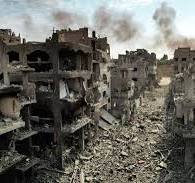
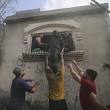
Yet, as we savour the sweetness of dates and the warmth of community, we remain mindful of our fellow Muslims facing tribulations. War-torn regions like Gaza bear witness to suffering, casting a shadow over our festivities. Economic hardships persist, with rising food prices affecting families worldwide.
The True Blessings
But within this tapestry of challenges, the true blessings of Ramzan emerge. Our prayers echo day and night, drawing us closer to the Divine. We extend our hands to those in need, even when our resources are scarce. In the quiet moments of reflection, we find strength and purpose.
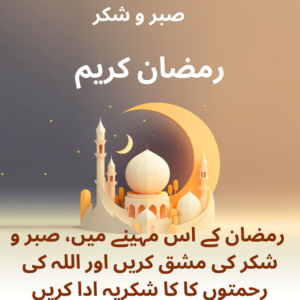
Breaking Fast, Breaking Barriers
In Ramzan at sunset, we break our fast with a humble date, following the example of the Prophet Muhammad صلی اللہ علیہ و آلہ وسلم
The evening prayers unite us, and the streets come alive with laughter and play. Cricket matches unfold, and the aroma of local delicacies fills the air—from Qamar el-din in Egypt to qatayef in Syria, Lebanon, and Jordan
A Global Mosaic
In Indonesia, the world’s most populous Muslim nation, rendang graces the iftar table—a testament to the rich cultural tapestry that Ramzan weaves. Across continents, we share this sacred journey, bound by faith and compassion.
Embracing the Spirit
As the days unfold, let us embrace the spirit of Ramzan. Let our hearts overflow with empathy, our hands extend in kindness, and our prayers resonate with hope. For in this month, we find renewal, forgiveness, and the promise of a brighter tomorrow.

A: Ramzan, also known as Ramadan, is the ninth month of the Islamic calendar and is considered a sacred month of fasting, reflection, and spiritual growth for Muslims.
A: Muslims fast during Ramzan to develop self-control, and empathy for those in need, and to strengthen their faith and connection with Allah. Fasting is one of the Five Pillars of Islam and is obligatory for all healthy adult Muslims.
A: During Ramzan, Muslims fast from dawn to sunset, abstaining from food, drink, and other physical needs. They are also expected to refrain from sinful behaviour and focus on spiritual growth.
A: The purpose of fasting during Ramzan is to:
-
Develop self-control and discipline
-
Empathize with those in need and understand the struggles of the poor and hungry
-
Strengthen faith and connection with Allah
-
Purify the soul and seek forgiveness for past mistakes
A: Laylat al-Qadr, also known as the Night of Power, is a special night during Ramzan when the Quran was revealed to the Prophet Muhammad (peace be upon him). It is considered a night of great spiritual significance and is often marked with extra prayers and devotion.
A: Muslims typically break their fast with a meal called iftar, which usually includes dates, water, and other light refreshments. This is often followed by a larger meal and social gatherings with family and friends.
A: Some common greetings during Ramzan include:
-
“Ramzan Mubarak” (Blessed Ramzan)
-
“Ramzan Kareem” (Generous Ramzan)
-
“Iftar Mubarak” (Blessed iftar)
A: Non-Muslims can show respect and support during Ramzan by:
-
Learning about the significance and traditions of Ramzan
-
Avoiding scheduling meetings or events during fasting hours
-
Offering iftar or other refreshments to Muslim friends and colleagues
-
Being mindful of Muslim colleagues’ and friends’ fasting schedules and needs
A: Some common mistakes to avoid during Ramzan include:
-
Not fasting or not following the rules of fasting
-
Engaging in sinful behaviour or arguing with others
-
Not being mindful of others’ fasting schedules and needs
-
Not taking care of one’s physical and mental health during fasting
A: Muslims can stay healthy and energized during Ramzan by:
-
Eating a balanced and nutritious iftar meal
-
Staying hydrated by drinking plenty of water
-
Getting enough rest and sleep
-
Engaging in light physical activity and exercise
-
Managing stress and taking breaks when needed
May this Ramzan be a time of deep connection—with our Creator, with one another, and with the shared humanity that unites us all.
Winter 24/25: The Epic Wisdom Behind Different Weathers All Year Long
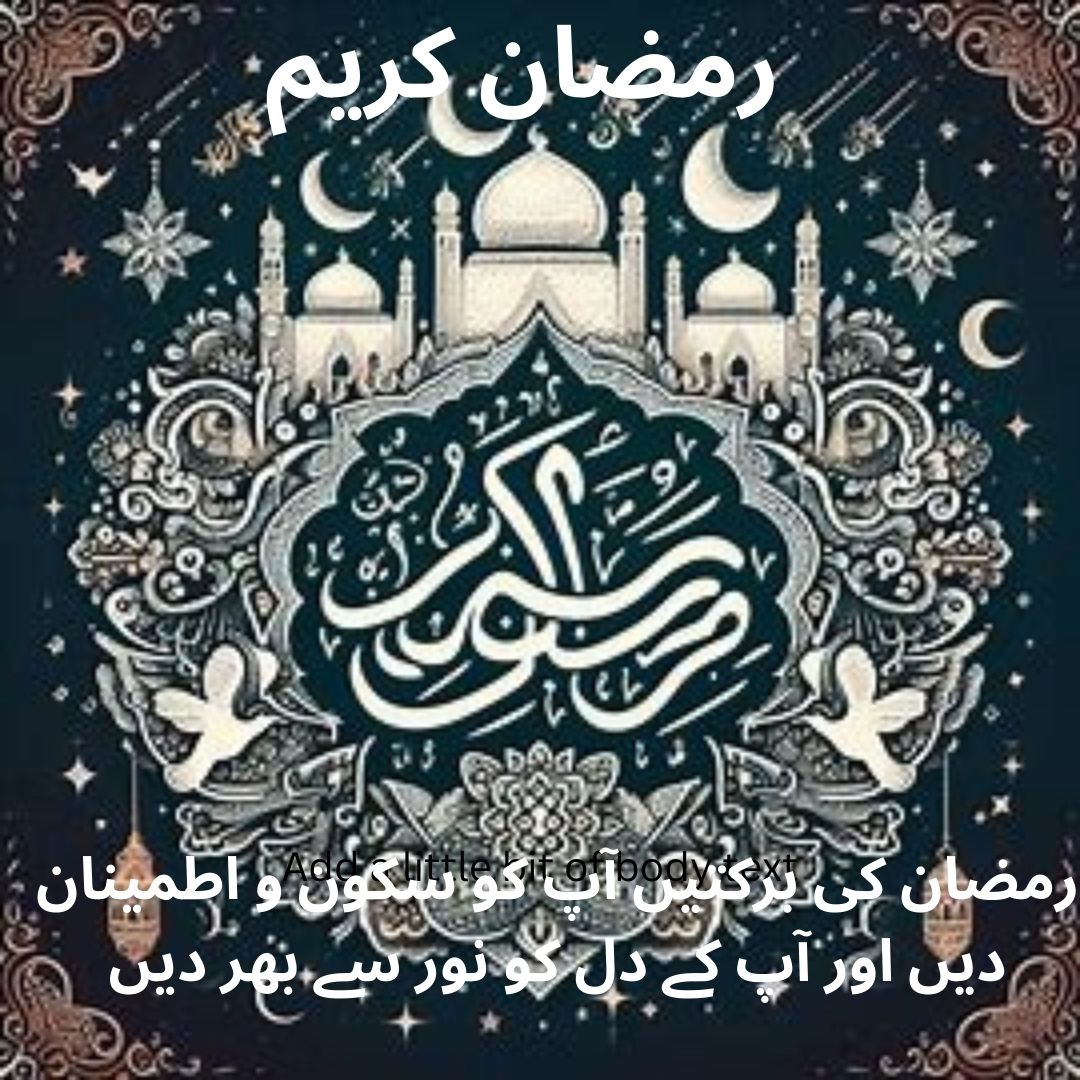
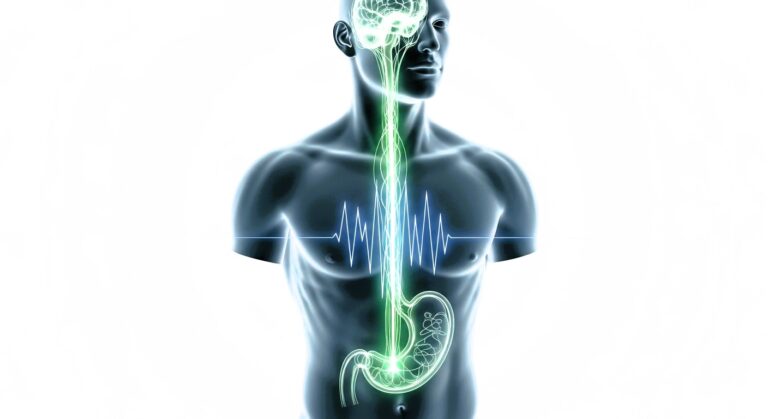
Rememering our brothers and sisters suffering in gaza should remain in minds and helping them in every possible ways.
Absolutely correct in recent circumstance .
Good 👍
Thanks for liking